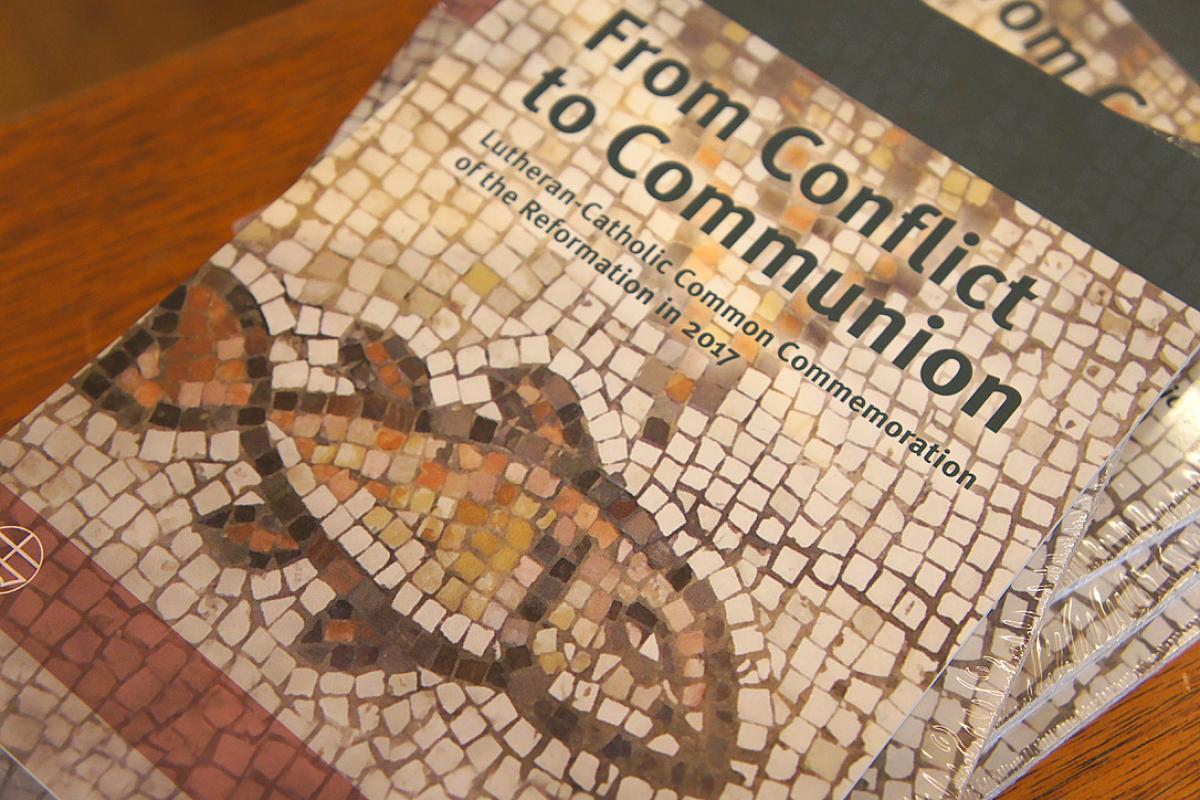This year is the 500th anniversary of Martin Luther's break with the Catholic Church. Undersecretary of the Korea's Bishops' Conference writes in View from the Ark of the Korean Times on taking another look at Martin Luther.
The way the Catholics and Protestants look upon the Reformation are obviously different. Catholics see the Reformation as dividing the Church. There is no way one can justify breaking the unity of the Church that Christ established. (Johannes Cochaleus, 1479-1552) strongly opposed Luther. "He was an apostate monk, destroyed Christendom, threw off morality a depraved individual, a heretic" this was his view of Luther and what is embedded in the minds of many Catholic even to this day.
On the other hand, the Protestants see the Reformation as rediscovering the Gospel, gaining an unshakeable faith and freedom, they were freed from the corrupt Catholicism of the middle ages and returned to a Gospel teaching Church. Very naturally they see Martin Luther as a witness to the Gospel.
The 500 years of conflict are not going to be easily overcome. However, the Second Vatican Council did open the gates with the notions of reform, renewal, dialogue and cooperation being stressed we are beginning to relate with the Protestants.
"Moreover, some and even very many of the significant elements and endowments which together go to build up and give life to the Church itself, can exist outside the visible boundaries of the Catholic Church: the written word of God; the life of grace; faith, hope and charity, with the other interior gifts of the Holy Spirit, and visible elements too. All of these, which come from Christ and lead back to Christ, belong by right to the one Church of Christ" (Decree on Eucumentism #3).
In 1999 the Lutheran Federation and the Vatican came to a consensus that the teaching on justification no longer needs to separate the two communions. In 2013 a joint statement was released From Conflict to Communion. This year 16 Korean theologians have got together to translate the document and to publish it, expressing a desire to work for unity.
The writer mentions that after finishing his studies in Germany in 2003, in his office as a seminary professor, he has continually encouraged ecumenism within the Church. In his experience, most of the pastoral workers within Catholicism and lay people are prejudiced and misunderstand ecumenism. Among the Protestants, we hear the voices saying that the Protestant Church in Korean is more corrupt than the Catholic Church in the time of Luther.
The main stream of Protestantism in Korea has no desire to dialogue with Catholicism. They have not been brought up with the teaching of a universal Christianity and the need for unity among Christians, for the writer a great tragedy.
He concludes the article with the hope that we can get over our emotional feelings, forget the scars and work towards unity. During this anniversary year of the Reformation, we don't want to change the history of what happened but to change the way we talk about the history.
